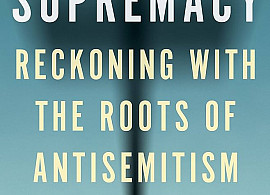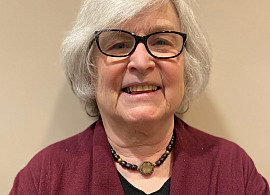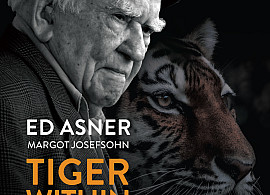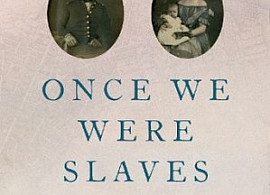Events
These events are made possible by generous contributions from donors like you!
Past Events:
-
Nov
19
“Once We Were Slaves: The Extraordinary Journey of a Multi-Racial Family” a book talk with Prof. Laura Arnold Leibman
Time: 7:00pmOnce We Were Slaves provides a rare historical portrait of life as a Jewish American of color with Professor Laura Arnold Leibman.
-
Sep
18

“Christian Supremacy: Reckoning with the Roots of Antisemitism and Racism” a Book Talk with Dr. Magda Teter
Time: 7:00pmA book talk with Dr. Magda Teter as she examines how Christian theology of late antiquity cast Jews as “children born to slavery,” reinforcing a sense of Christian domination and superiority.
-
Oct
15

Jews and Blacks Repair the World: the Remarkable Life of Julius Rosenwald
Time: 7:00pmJulius Rosenwald (1862–1932) rose from modest means as the son of a peddler to meteoric wealth at the helm of Sears, Roebuck. Yet his most important legacy stands not upon his business acumen but on the pioneering changes he introduced to the practice of philanthropy. While few now recall Rosenwald’s name—he refused to have it attached to the buildings, projects, or endowments he supported—his passionate support of Jewish and African American causes continues to influence lives to this day.
-
Apr
3

“Tiger Within” Film Screening
Time: 6:30pmA story featuring an unlikely friendship between a homeless teen and a Holocaust survivor, sparking larger questions of fear, forgiveness, healing and world peace, starring multiple Emmy Award-winning actor, Ed Asner.
